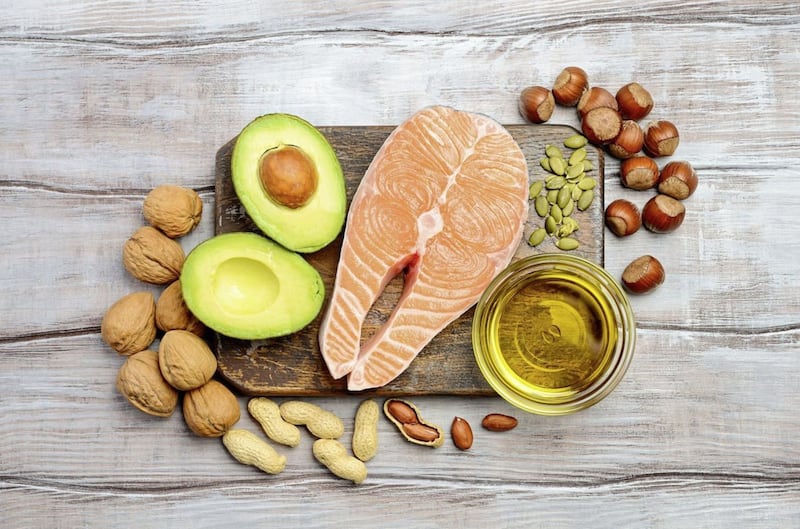Are you in a constant battle with your willpower to stay away from junk food and sugary snacks? Do you crave sugar and then feel bad about overeating? I hear this from my clients all the time, but the truth is that our hunger and appetite is not a matter of willpower. It is you being ‘good’, or ‘bad’.
Our bodies have a complex mechanism that controls our appetite. How hungry or satiated we feel by food is regulated by a couple of really important hunger hormones. Meet ghrelin and leptin...
- Ghrelin is also known as our hunger hormone. It is produced in your stomach and sends a signal to your brain to tell you when you are hungry, and that it is time to eat. Levels are higher before we eat and drop after eating.
- Leptin is produced by fat cells and tells your brain when you have had enough to eat and are satiated.
When our hunger hormones are perfectly balanced, we eat enough so to satisfy our hunger, don’t overeat and our weight is perfectly balanced. Sounds good, doesn’t it?
Unfortunately we can override this messaging, so that the signalling goes haywire and we get the hunger messages mixed up. The western diet and our modern way of living has thrown our hunger hormone messaging out of sync.
These hormones have only recently been discovered, and scientists still have a lot to learn about how they affect us, but we know enough about them to get them to work to our advantage, keep them balanced and regulate our appetite without losing the never-ending battle against our willpower.
The key things that can help to keep our hunger hormones in balance are:
- Eating enough – ghrelin levels increase when we go on a calorie restricted diet. That’s why you feel so hungry and want to raid the cupboards when you’re on a diet. Correct the balance by eating a diet packed with nutrient-dense, unprocessed foods packed with fibre and protein. Step away from the highly processed crap and fill your trolley with real food.

- Eating enough protein. Protein helps the feeling of satiety, making it easier to regulate and control your appetite. Aim for a palm-sized portion of protein foods (25-30g protein) at each meal. Meat, fish, natural yoghurt, cottage cheese, pulses, nuts and seeds, eggs, tofu, quinoa and houmous are all decent choices. If you choose to use a protein powder, then get one that is as natural as possible. I like Form, Purition or Nuzest.
- Avoid processed foods – highly refined, processed and high sugar foods mess with our appetite signals and make us want to eat more. Drop them from your shopping list.
- Change your exercise – interval training, or HIIT (high intensity interval training) helps regulate our hunger hormones better than staying at one pace all the time, so mix things up a little.
- Getting a good night’s sleep – ever notice that you are hungrier when you don’t sleep so well? That’s ghrelin for you. Prioritise sleep to help correct the balance. Avoid caffeine after lunchtime, don’t eat too close to bedtime and make your bedroom a restful and relaxing place to be.
- Managing stress – high stress levels trigger ghrelin. Do your thing to manage stress, whether that is mindfulness meditation, reading a book, being in nature or doing something arty.
You have the power on your plate to help regulate and manage the balance of your hunger hormones so that you don’t have to battle your willpower. This is not a battle of the bulge, but a way of living that resets your metabolism. So much easier, isn’t it?








